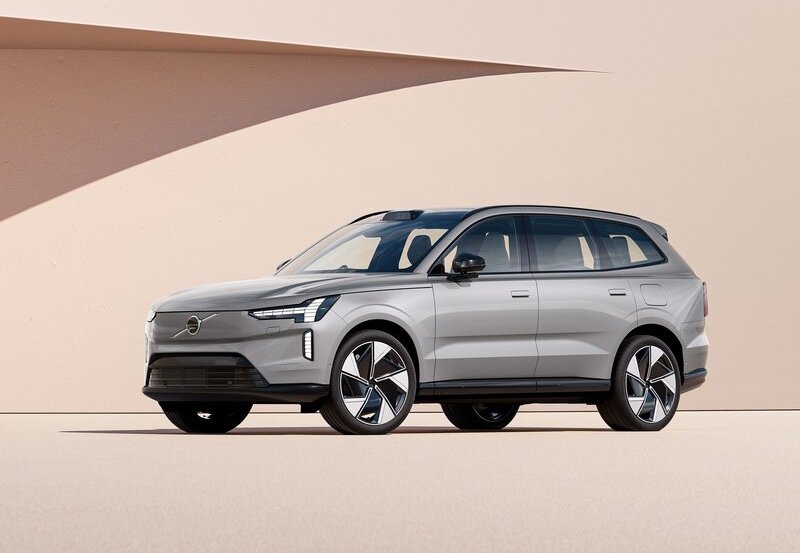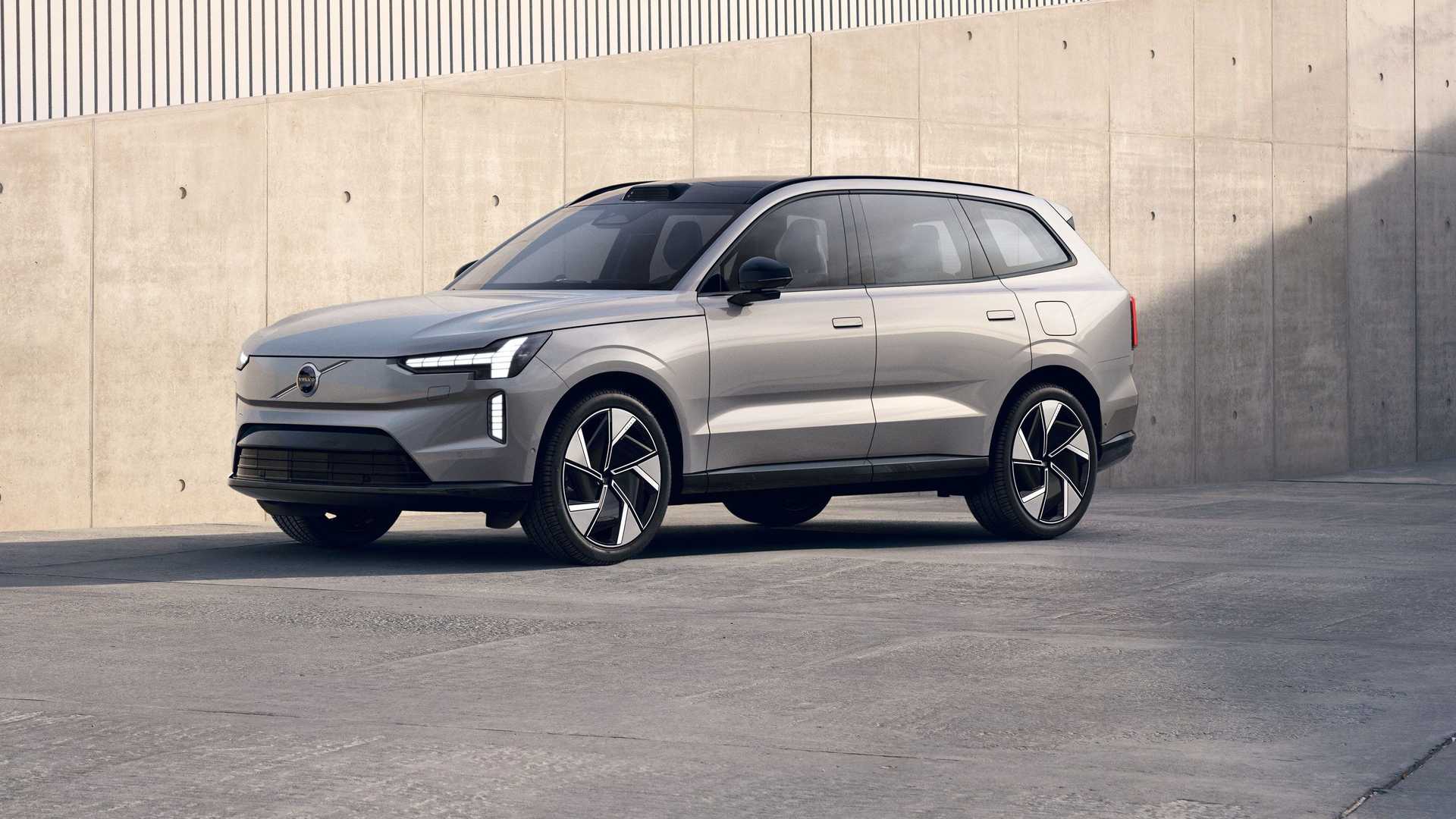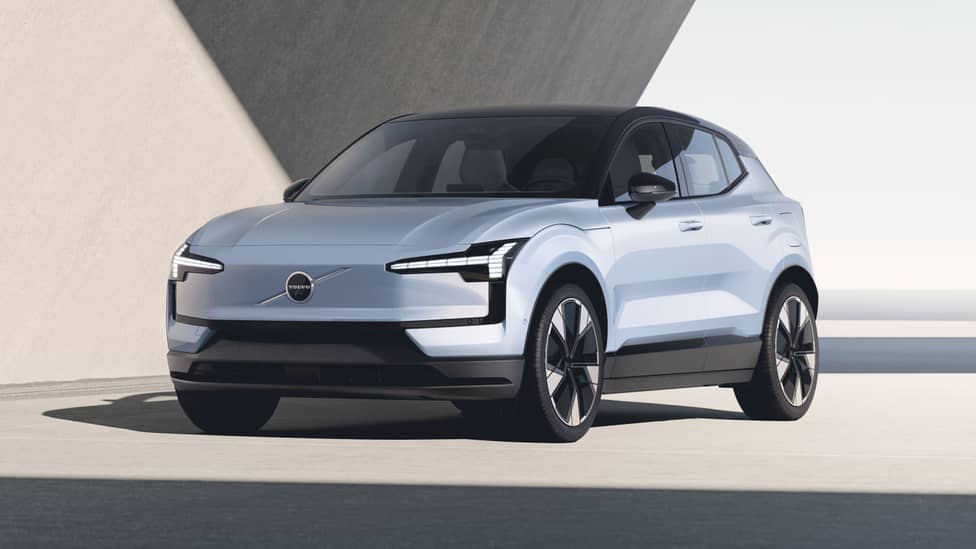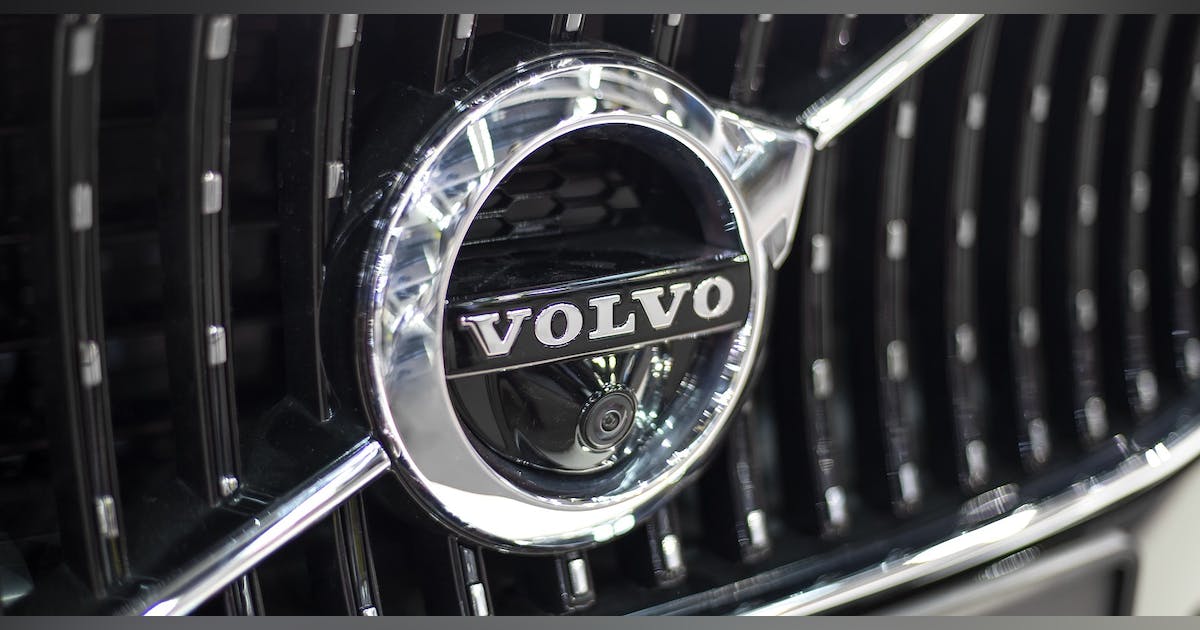A recent confirmation by IDRA Group, the Italian manufacturer of high-pressure die-casting machines, reveals that Volvo Cars has acquired two 9,000-ton giga press machines for its upcoming electric vehicle (EV) factory in Košice, Slovakia. The move aligns with the growing industry trend of utilizing giga presses, pioneered by Tesla, to enhance the cost-effective mass production of electric vehicles.
IDRA Group, known for supplying Tesla with similar equipment for the Model Y and Cybertruck, announced the contract on its LinkedIn page, describing the 9,000-ton aluminum casting machines as a substantial leap forward in automotive manufacturing technology. The machines are anticipated to play a pivotal role in Volvo’s EV manufacturing efforts, positioning the Košice plant as a strategic hub for Giga Casting.
Volvo Cars has not officially disclosed details of the purchase, and inquiries seeking information on how the giga presses will contribute to its EV production and the specific models involved are pending response. The Swedish automaker is investing $1.25 billion in a new EV-only plant in Slovakia, slated to begin production of next-generation EVs in 2026.
Giga casting has gained traction as a manufacturing technique, notably introduced by Tesla and IDRA Group. The method allows for cost-effective production of complex and lightweight components, contributing to significant cost reductions and accelerated production timelines compared to traditional assembly methods. Several automakers, including Geely’s Zeekr, Cadillac, and Toyota, have embraced or are considering giga casting for their EV models.
The inherent eco-friendly attributes of the giga casting process, as claimed by IDRA Group, involve reducing waste and energy consumption, aligning with the industry’s broader efforts to mitigate the environmental impact of automotive manufacturing.
The confirmation of Volvo’s adoption of giga presses underscores the industry’s paradigm shift in rethinking car manufacturing methods, with an increasing focus on innovative techniques to scale production, reduce costs, and support the growing demand for electric vehicles.





